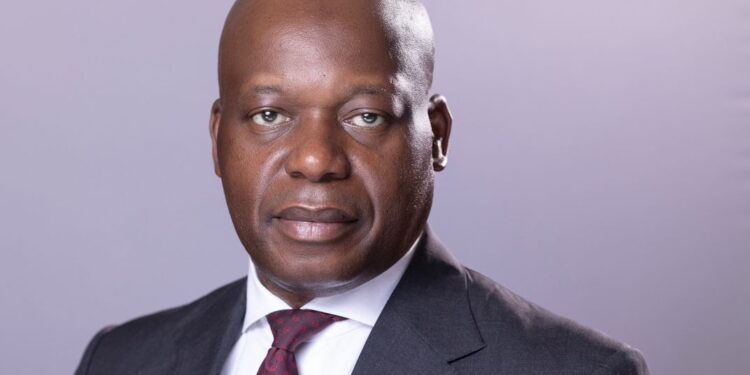The Group Chief Executive Officer of OANDO Plc, Wale Tinubu has said that onshore assets are best handled by indigenous players due to their closeness to host communities and better handling of security.
Tinubu made this assertion while speaking on CNBC Africa on the sidelines of the World Economic Forum 2025 in Davos, Switzerland.
He argued that indigenous players in the oil and gas sector can better engage host communities and regulators.
He added that Nigerians have the skills and the capability to secure funding to thrive in onshore operations.
“The onshore assets in Nigeria are best in the hands of local players. The level of technology that is required to drill them is something that is commonplace. Nigerians have the skill, and the capacity, and we can also secure the funding.
“And the next step is to explore those resources, and we can do that by being closer to the community, having a better handle of security, and also having a better handle at dealing with the regulations and regulators, because, at the end of the day, regulation needs to be collaborative as we are trying to secure the best for our nation.
“And in a country like Nigeria, in our current state of economic challenges, we need to improve our exports, improve our balance of trade, ensure that we can secure as much foreign exchange as we can, to reduce the exchange rate and that will help us diversify the economy, and the fastest way to do this is the oil industry,” he said.
Background
Several International Oil Companies (IOCs) have exited onshore operations in the last two years, selling their assets to indigenous oil companies.
Some of the companies include:
- Italian energy giant Eni quit onshore operations in Nigeria and sold its assets to Wale Tinubu’s OandO Plc in a deal worth $783 million.
- The Nigerian assets of Mobil Producing Nigeria Unlimited (MPNU), a subsidiary of U.S.-headquartered ExxonMobil which includes both onshore and offshore, were sold to indigenous Seplat Energy Plc.
- TotalEnergies sold its onshore assets which comprise a 10% stake in the Shell Petroleum Development Company to an Indigenous company, Chappal Energies.
- Shell Plc sold its 30% stake in the Shell Petroleum Development Company of Nigeria (SPDC) to a consortium of local companies including ND Western, Aradel Energy, First E&P, Waltersmith and Petrolin. Shell decided to focus on offshore operations with $5.5 billion in Nigeria’s Bongo North deep water.
Why IOCs are quitting onshore operations
IOCs are quitting onshore operations in the troubled Niger Delta region due to chronic issues of oil theft, sabotage of oil installments, incessant oil spills, and confrontations with host communities and environmental groups.
These issues have lingered for decades while efforts by the government such as the 2009 amnesty programme, the establishment of the Niger Delta Development Commission, and the issuance of multibillion Naira security contracts to private citizens and former militants, have achieved little success in ending the menace.
Nairametrics reported that Nigeria recorded over 589 oil spills in 2024, most of which were caused by oil theft.
























